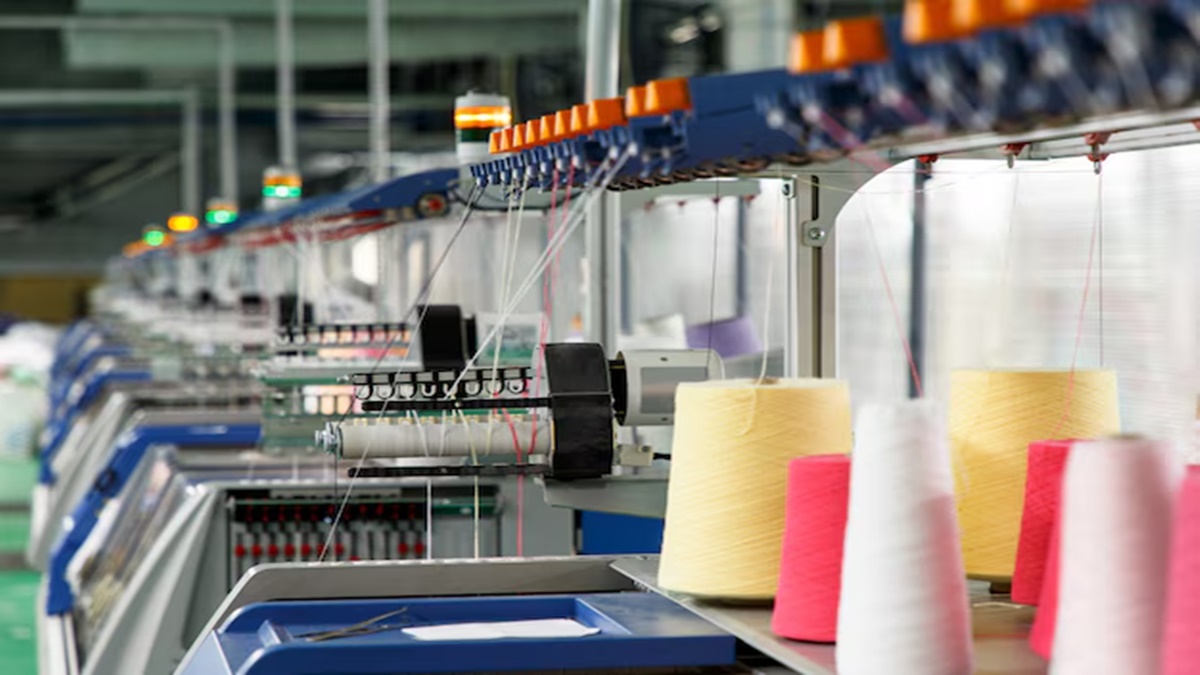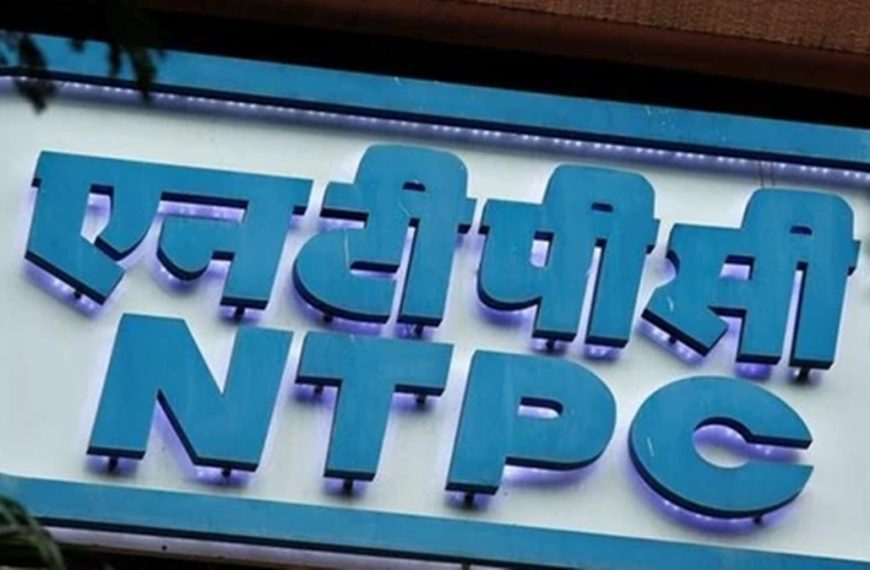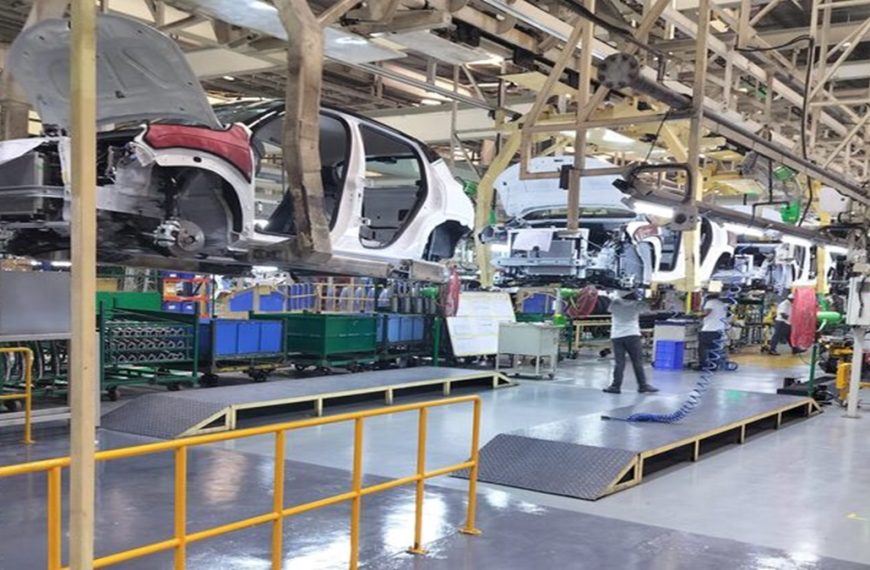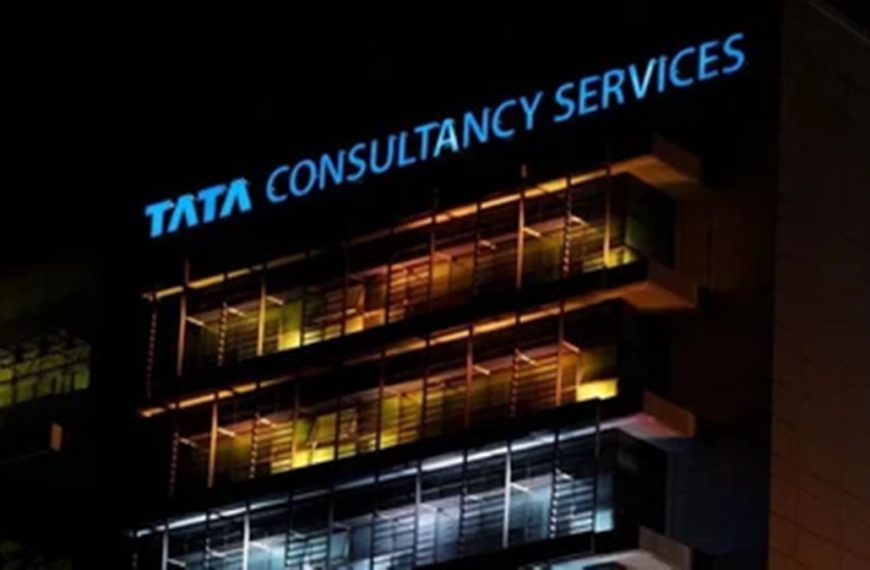In recent months, Central Goods and Services Tax (CGST) officials have launched a comprehensive investigation into numerous textile manufacturing firms across India. These inquiries focus on allegations of misclassifying textile processing activities, which has resulted in these companies paying significantly less tax than required. This oversight is raising concerns about substantial revenue losses for the government.
Investigations into Tax Misclassification
According to sources within the CGST department, many textile manufacturers are categorizing processes that alter the fabric’s characteristics, such as washing and dyeing, under a lower tax bracket. These activities are currently taxed at 5%, while processes that fundamentally change the fabric, like bleaching and printing, should be taxed at 18%.
- Washing and Dyeing: Classified as "job work services" under GST, attracting a 5% tax rate.
- Transformative Processes: Activities like bleaching and printing, which change the fabric’s nature, attract an 18% tax rate.
Revenue Implications
An official highlighted the seriousness of the situation, stating, “Textile manufacturers are intentionally misclassifying their services, leading to a tax payment of only 5% when they should be contributing 18%. The CGST is currently scrutinizing various firms across the spectrum, from large corporations to small and medium enterprises.” This misclassification could result in tax shortfalls amounting to hundreds of crores, significantly impacting government revenue.
Expert Opinions on Misclassification
Tax professionals have pointed out that the confusion surrounding GST rates in the textile sector is a major contributor to this issue. According to Sivakumar Ramjee, executive director at Nangia Andersen, “Some manufacturers have been accused of misclassifying transformative processes under the lower 5% category due to ambiguous definitions and potential misuse of tax slabs.”
Krishan Arora, a partner at Grant Thornton Bharat, emphasized the need for clarity, stating, “This situation appears to stem from a misunderstanding of the tax codes, with the department’s interpretation conflicting with the original intent of GST legislation. A clear resolution is crucial for the industry moving forward.”
Evolution of GST in the Textile Sector
Since the introduction of GST in 2017, the landscape of India’s textile industry has undergone significant changes, with job work services playing a critical role. However, the classification of textile processing activities, including dyeing and printing, remains contentious among industry experts.
Initially, tax authorities maintained that processes fundamentally altering the fabric’s characteristics should be taxed at 18% to protect government revenues. A proposal to adjust the tax rate for dyeing and printing services to 12% was discussed during the 45th GST Council meeting, but the suggestion was ultimately rejected.
As these investigations unfold, industry stakeholders are keenly awaiting clearer guidelines to ensure compliance and safeguard revenues. The CGST’s actions reflect a broader effort to maintain the integrity of the tax system while addressing issues of misclassification that can lead to substantial financial discrepancies.











